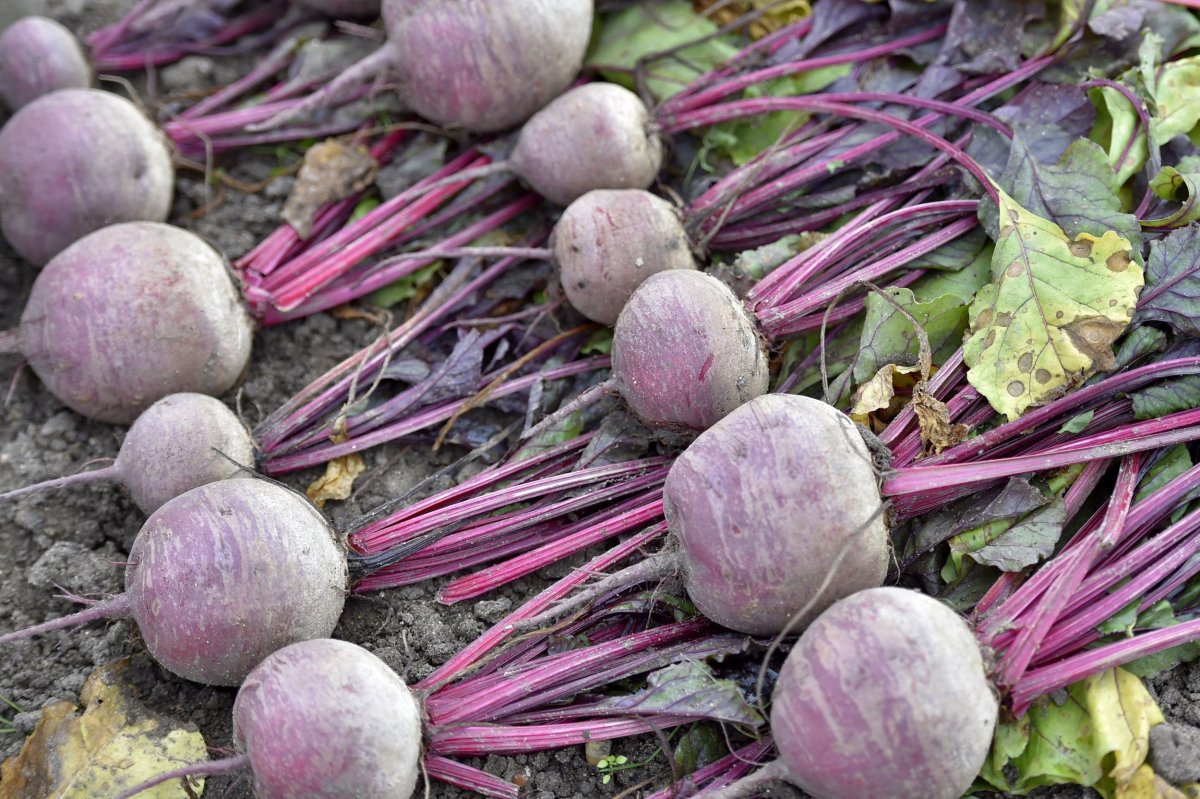Betanin, a compound found in beets, shows promise in slowing down the progression of Alzheimer's disease. The new finding shows promise in developments for potential Alzheimer's and dementia medications.
According to research presented this week at the 255th National Meeting & Exposition of the American Chemical Society, the beet compound betanin is able to inhibit certain chemical reactions in the brain associated with the progression of Alzheimer's disease, Phys Org reported. Specifically, the compound helps to reduce the buildup of proteins in the brain, a major hallmark of Alzheimer's disease.
Related: Alzheimer's disease is completely reversed by removing just one enzyme in new study
"This is just a first step, but we hope that our findings will encourage other scientists to look for structures similar to betanin that could be used to synthesize drugs that could make life a bit easier for those who suffer from this disease," said study co-author, Li-June Ming, Phys Org reported.
In their study, the researchers observed beta-amyloids. Although scientists are not sure what causes Alzheimer's disease, they observed that in the brains of Alzheimer's disease patients, beta-amyloid proteins are often misshapen and build up into plaques and tangles.
Related: People with Alzheimer's sleep poorly
The team observed the proteins on their own and also in a betanin mixture, and measured the proteins' oxidation levels. Oxidation is a process associated with the misfolding and buildup of beta-amyloids. Results showed that oxidation was reduced by up to 90 percent when these proteins were exposed to the beet compound.

The results are preliminary and do not prove that the beet extract completely prevents protein misfolding. However, it does reduce oxidation, which is a good sign of the compound's potential in treating Alzheimer's.
"Less oxidation could prevent misfolding to a certain degree, perhaps even to the point that it slows the aggregation of beta-amyloid peptides, which is believed to be the ultimate cause of Alzheimer's," said Darrell Cole Cerrato, a researcher at the University of Florida who took part in this study, Phys Org reported.
This is not the first time beets were noted for their effect on brain health. A 2017 study revealed that older individuals who drank beetroot juice before exercising experienced increased brain connectivity and better cognition when compared with age-matched peer who did not drink beetroot juice before working out.
More research will be conducted to further explore beets' brain-boosting potential.
Uncommon Knowledge
Newsweek is committed to challenging conventional wisdom and finding connections in the search for common ground.
Newsweek is committed to challenging conventional wisdom and finding connections in the search for common ground.
About the writer
To read how Newsweek uses AI as a newsroom tool, Click here.








